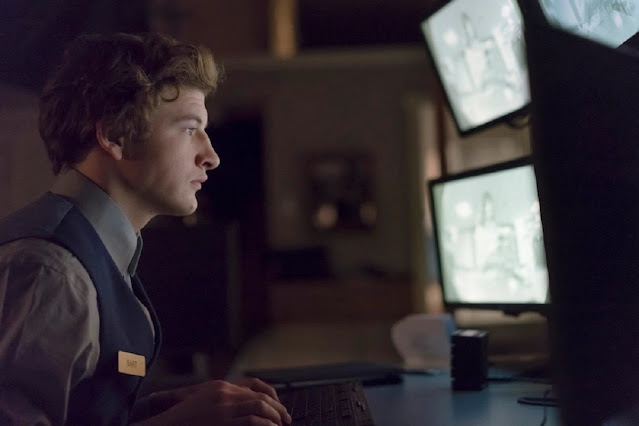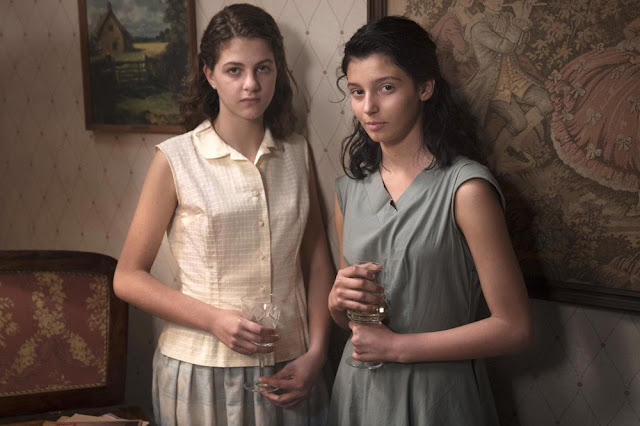Edición ilimitada
El capítulo 1, escrito, dirigido e interpretado por Edgardo Cosarinsky, tiene que ver con las dificultades físicas para la lectura (y los modos de lectura) y comienza en un bar donde el protagonista pide ayuda para leer un libro y luego encara una consulta médica para solucionar su problema de visión. Los libros seleccionados no son casuales y el tono es el de una comedia elegante alternado con un capítulo médico de inusual franqueza.
El Capítulo 2, escrito y dirigido por Santiago Loza, narra los encuentros entre un refinado y maduro poeta (Juan Manuel Casabelos) y un joven aspirante a poeta (Alan Cabral) que llega a Buenos Aires desde el pueblo del que son oriundos ambos. Éste quiere leerle al primero sus poemas y que lo oriente como escritor. El tono también es de comedia, pero con un sutil y logrado crescendo dramático.
En suma, un conjunto variado (como sus autores) y equilibrado de cortos que reflexionan sobre el inagotable tema de la lectura y la escritura.
Edición ilimitada
Unlimited Edition is a set of four short films (called
chapters) that reflect on books, reading and writing, all directed, in turn, by
versatile artists (they are directors, writers, actors). It was exhibited
online in the framework of the 35th Mar del Plata Festival.
Chapter 1, written, directed and performed by Edgardo
Cosarinsky, has to do with physical difficulties for reading (and reading
modes) and begins in a bar where the protagonist asks for help to read a book
and then faces a medical consultation to solve your vision problem. The
selected books are not casual and the tone is that of an elegant comedy
alternated with a medical chapter of unusual frankness.
Chapter 2, written and directed by Santiago Loza, narrates the encounters between a refined and mature poet (Juan Manuel Casabelos) and a young aspiring poet (Alan Cabral) who arrives in Buenos Aires from the town from which they both originate. He wants to read his poems to the first and to guide him as a writer. The tone is comedic too, but with a subtle and accomplished dramatic crescendo.
Chapter 3, written and directed by Virginia Cosin, portrays a young writer with an already published book (Katia Szechtman) in the context of a party in the artistic and cultural environment that she always wanted to enter and belong to. Unfortunately, the story is dominated more by an almost constant voice-over of the protagonist rather than by her interactions in the meeting.
In Chapter 4, written and directed by Romina Paula, we
attended a literary workshop (it could also be a pre-rehearsal work table) on a
play in which a film is rehearsed. The procedure is that of the so-called
"setting into the abyss" (in this case redoubled) since the
boundaries between the participants and their characters are blurred, between
what they comment and the texts and parliaments from which they analyze or
learn. Those of us who have ever listened to some of these tables from the
outside, I can assure you that the metafictional confusion that takes place is
very well reflected in this chapter, which ultimately discusses the structures
of reality and fiction.
In short, a varied set (like its authors) and balanced of
shorts that reflect on the inexhaustible theme of reading and writing.







Comentarios
Publicar un comentario
Mensajes sujetos a moderación